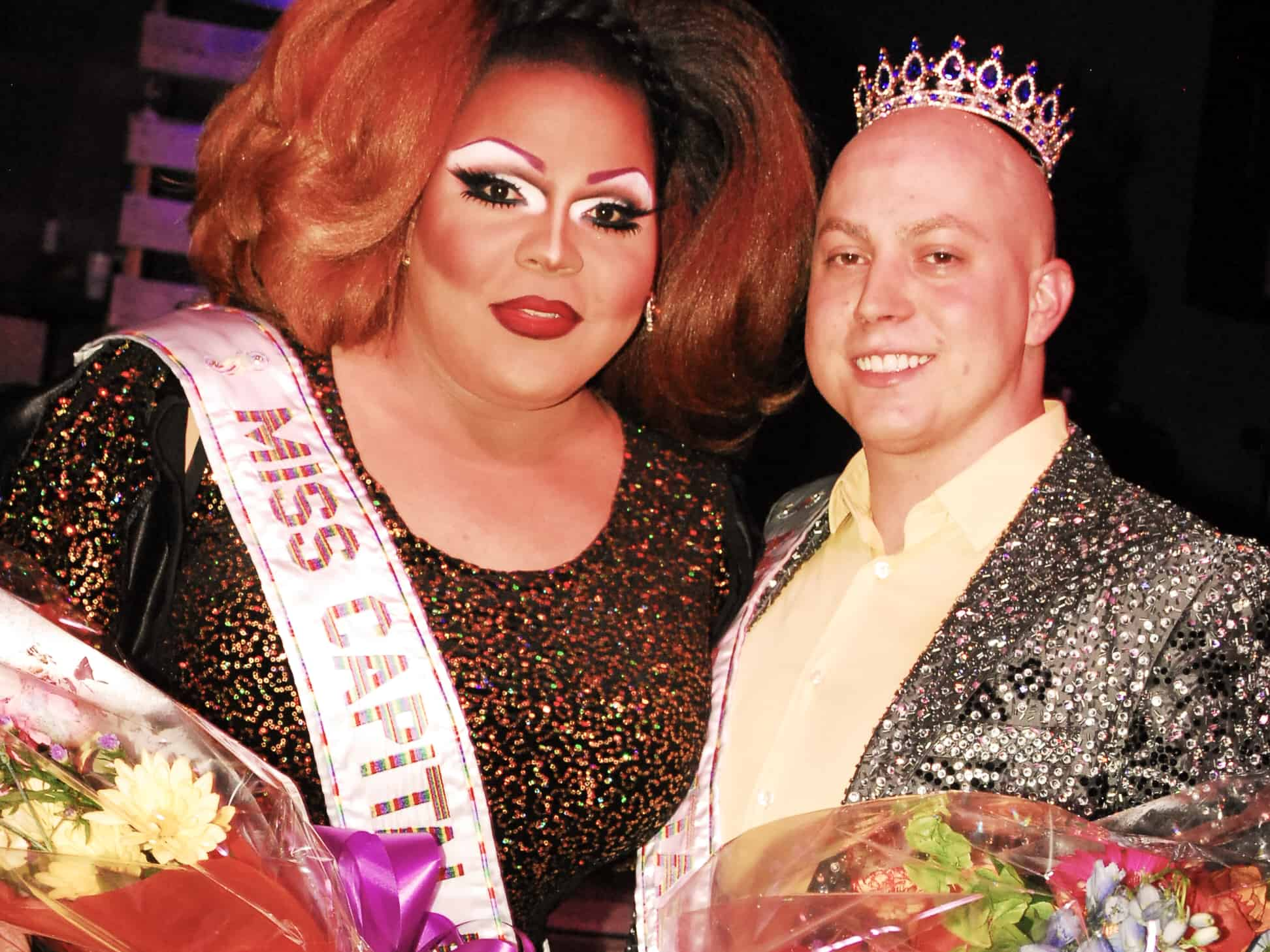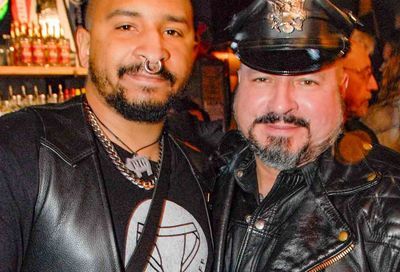Transgender Woman Sues Over Mistreatment in Men’s Prison
Chelsea Gilliam claims authorities denied her gender-affirming care and failed to take sufficient action after she was assaulted.

A transgender woman is suing the Maryland Department of Public Safety and Corrections over being allegedly mistreated while being held in custody in an all-male dormitory.
Chelsea Gilliam was arrested in Baltimore City on an assault charge back in 2021, but upon being taken into custody, claims that the department refused to accept her legally recognized name and gender identity. As a result, she was placed in an all-male dormitory at the Baltimore City Correctional Center for three months.
During that period of time, Gilliam claims prison officials denied her gender-affirming hormone treatments. She also alleges that she was subjected to harassment by staff and sexually assaulted by another inmate during that time. Despite reporting the incident, Gilliam claims the department took no action.
Gilliam claims she was later placed in segregation at the Maryland Reception, Diagnostic and Classification Center due to her gender identity. Despite having had no disciplinary infractions on her record, during that time, she was only allowed out of her cell for one hour per day on weekdays, and when she did leave her cell, she was shackled, including when she was in the shower.
Gilliam claims that when she asked to be allowed to mix with the general prison population, the MRDCC refused to offer her a spot in a women’s facility, instead offering her a spot in a men’s facility. Additionally, they demanded she sign a waiver of liability if she wished to be moved from isolation, something she refused to do. As a result, she remained in segregation until finally being released from prison in May 2022.
According to Gilliam’s lawsuit, she suffered a “great deal of anxiety and distress” from her incarceration.
She claims that the department’s actions, in failing to protect her from assault, violated her constitutional rights, and constitute cruel and unusual punishment under the 14th Amendment.
The lawsuit also claims that the department violated the Americans with Disabilities Act — under which gender dysphoria has previously been recognized as a protected disability — when it denied her hormone treatment, placed her in segregation, and failed to accommodate her by placing her in a women’s prison rather than an all-male facility.
Gilliam is asking the court to declare the department’s actions towards her unconstitutional, order that inmates with gender dysphoria be provided adequate and necessary medical care and be housed according to their gender identity, and require corrections staff to undergo training on how best to deal with transgender inmates in custody. She is also seeking monetary damages and is requesting that the department pay her attorneys’ fees.
“I don’t want what happened to me to happen to any other trans woman in the state of Maryland,” Gilliam said during a news conference announcing the lawsuit. “I want the state of Maryland to be held accountable for what happened and what occurred and the things that they let go on, day after day.”
Currently, the department has numerous policies and procedures that are intended to prohibit discrimination against transgender inmates. Under those guidelines, inmates are supposed to be allowed to legally change their name, and access gender-affirming health care and mental health treatments, as well as gender-affirming commissary items and toiletries, reports Baltimore ABC affiliate WMAR.
In response to an inquiry from WMAR, the department declined to comment specifically on Gilliam’s allegations but expressed its commitment to ensuring transgender inmates are treated with respect.
“While DPSCS cannot comment specifically on a pending lawsuit, we can say that the Department takes very seriously — and treats with urgency — the protection of every single incarcerated person’s dignity and safety,” the department said in a statement.
“The Department has met with advocacy groups and has tirelessly worked on the complex issues related to the transgender incarcerated population, and is committed to updating its policies as necessary based on correctional and medical professionals’ recommendations to ensure the safety of everyone in our facilities,” the statement continues. It notes that all correctional facilities are regularly audited by federal authorities to ensure they are complying with provisions in the Prison Rape Elimination Act, a federal law designed to cut down on sexual assault incidents involving incarcerated individuals.
“PREA standards prohibit the placement of lesbian, gay, bisexual, transgender, or intersex incarcerated individuals in dedicated facilities, units, or wings solely on the basis of such identifications or status,” the department added. “…DPSCS is not aware of any facility that has ever received a corrective action for a transgender-related issue.”
Support Metro Weekly’s Journalism
These are challenging times for news organizations. And yet it’s crucial we stay active and provide vital resources and information to both our local readers and the world. So won’t you please take a moment and consider supporting Metro Weekly with a membership? For as little as $5 a month, you can help ensure Metro Weekly magazine and MetroWeekly.com remain free, viable resources as we provide the best, most diverse, culturally-resonant LGBTQ coverage in both the D.C. region and around the world. Memberships come with exclusive perks and discounts, your own personal digital delivery of each week’s magazine (and an archive), access to our Member's Lounge when it launches this fall, and exclusive members-only items like Metro Weekly Membership Mugs and Tote Bags! Check out all our membership levels here and please join us today!

























